Planetary sustainability, galactic real estate and life on Mars.
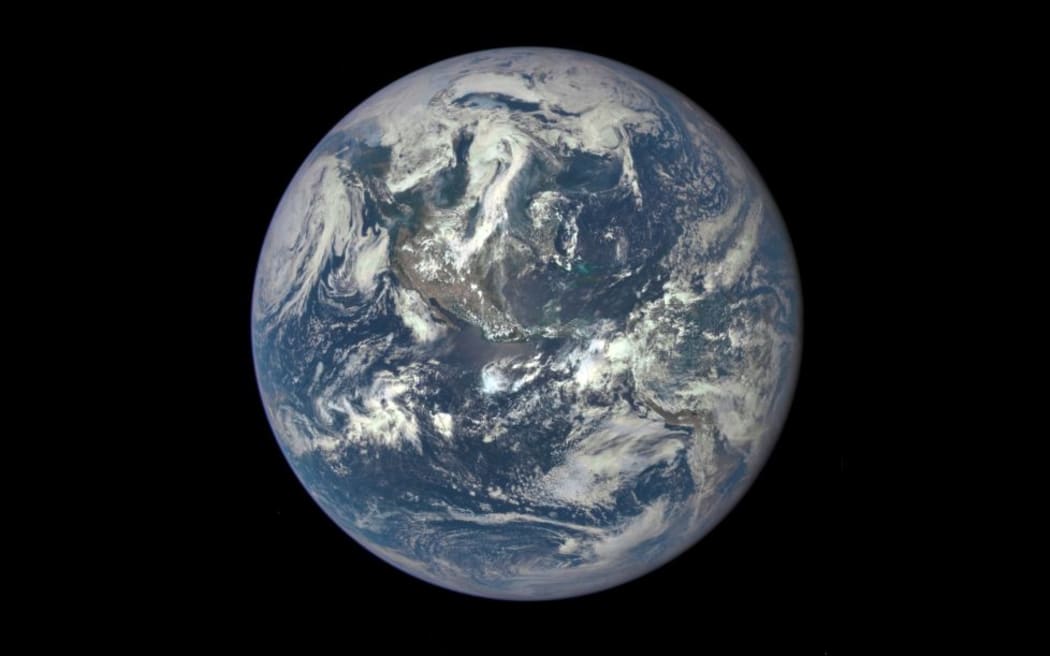
Photo: AFP / NASA
The beginner's guide to the Anthropocene
It is now widely accepted among scientists and environmentalists that we are now in a new geographical epoch - the Anthropocene.
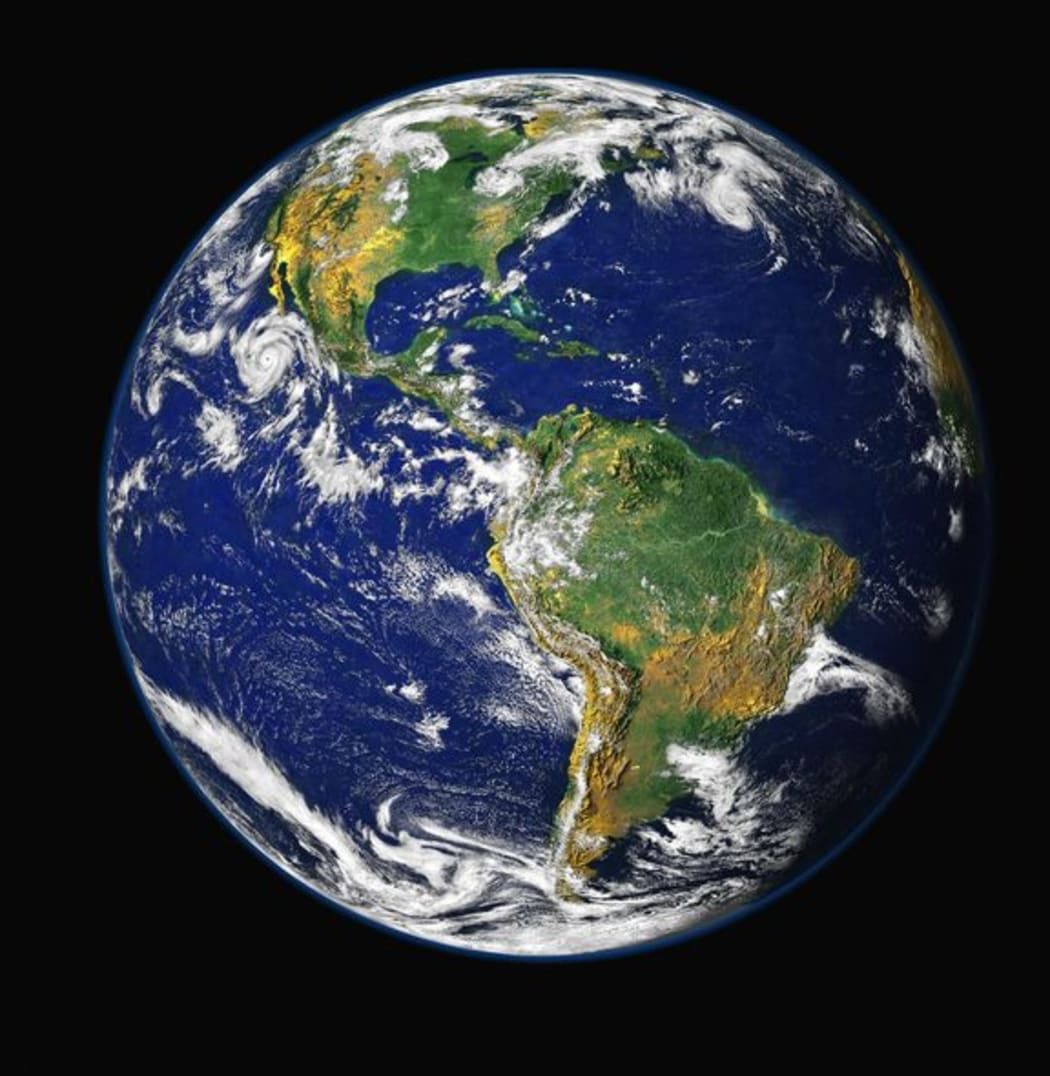
Photo: Pexels free photo
Johan Rockström - planetary boundaries
He tells Kim Hill we haven't made a disaster of the planet yet, but it's critical that we move very fast towards sustainability.
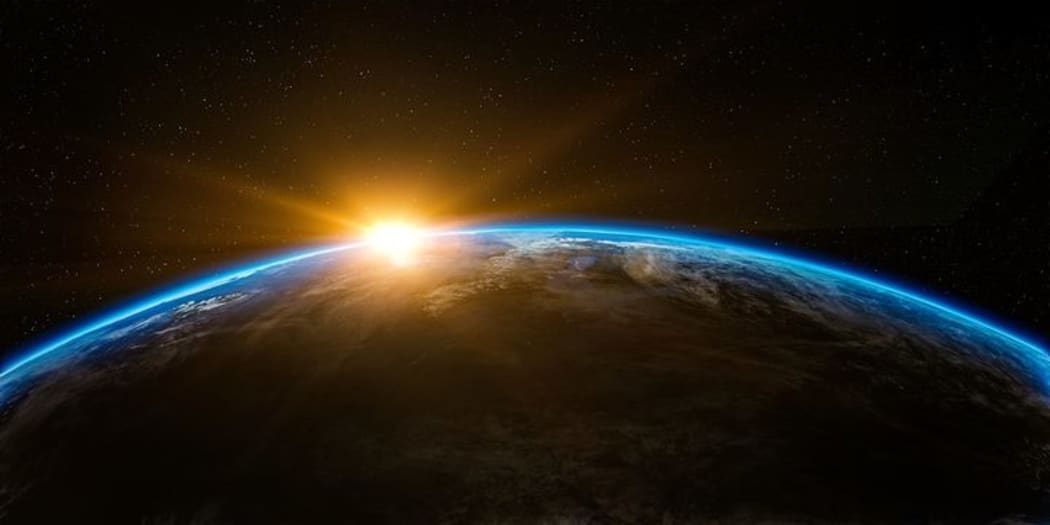
Photo: Pixabay
Is human activity ushering an age of biological diversity?
Humans are wiping out species worldwide, but an ecologist says human activity is also responsible for ushering in a new age of biodiversity.
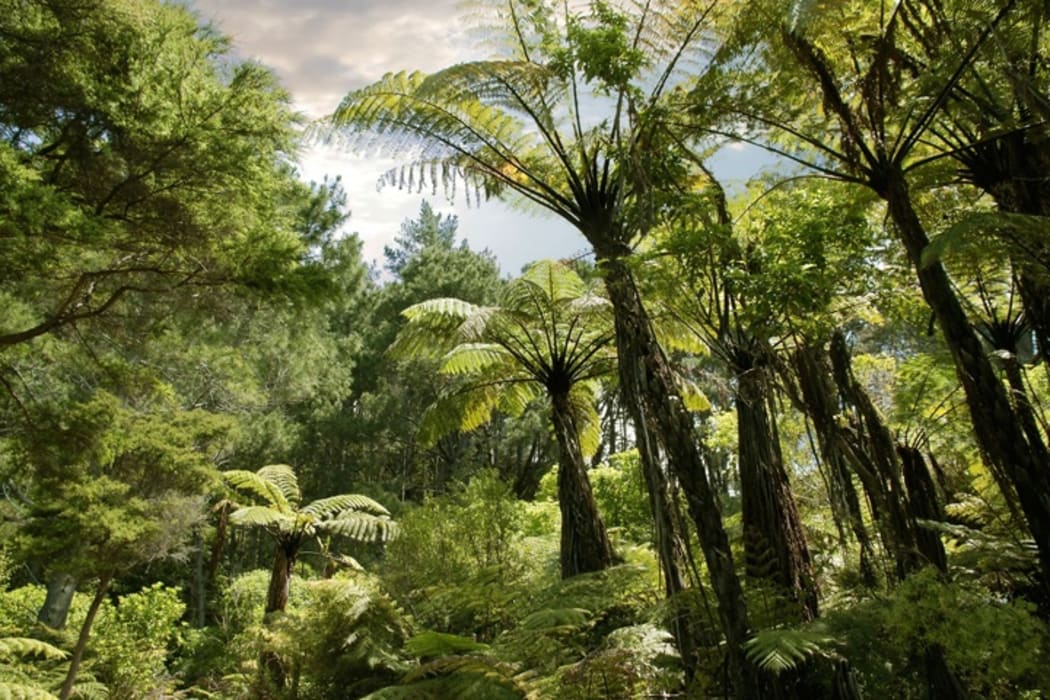
Photo: 123RF
Questions for a world on the verge of change
The need to ask the right questions at a time of great change is vital, David Rothkopf says in his new book, The Great Questions of Tomorrow.
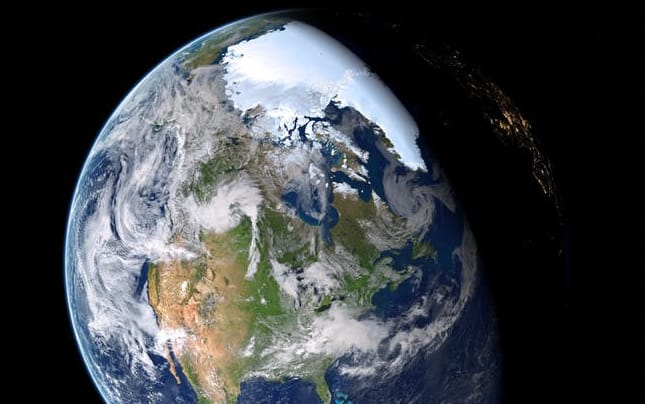
Photo: Pixabay
Ice sheets and sea level rise
Professor Jonathan Bamber is an international expert on ice sheets and sea level rise. He talks with Kim Hill about challenges personal and planetary.
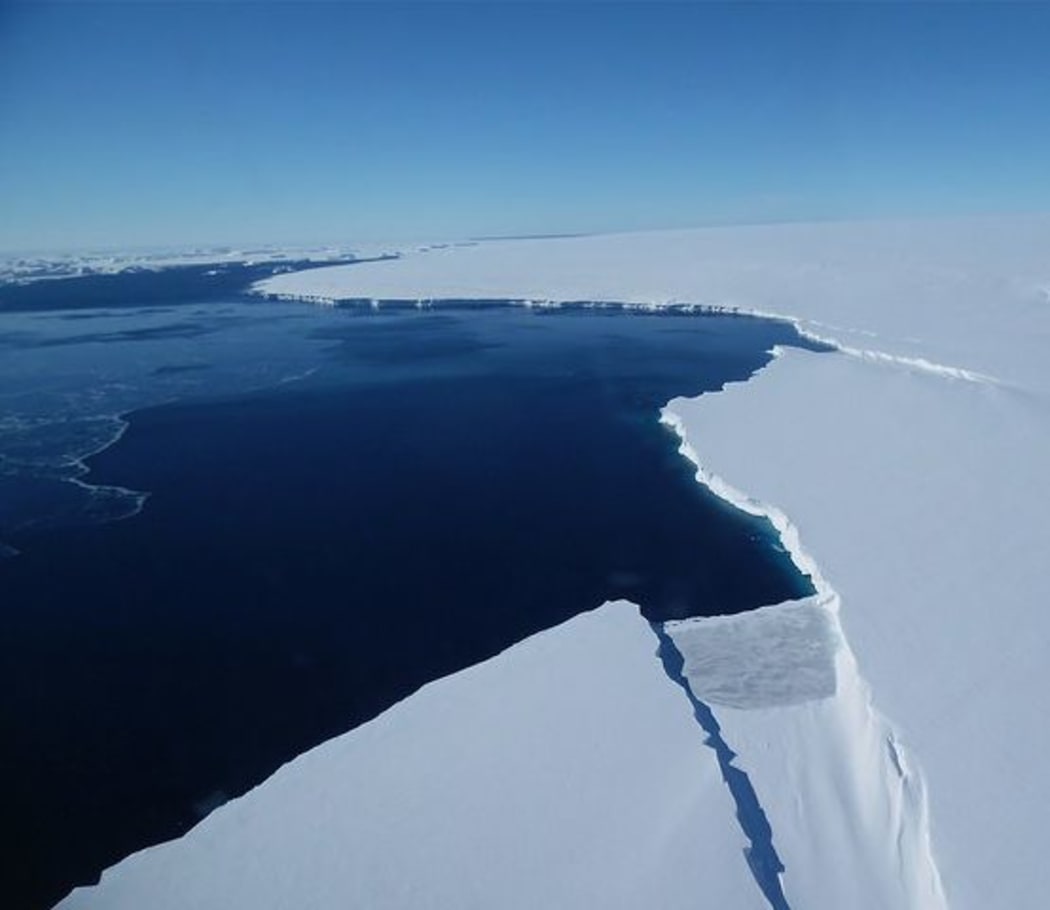
Photo: NASA/Jim Yungel / CC BY 2.0
'Learning about the universe increases your empathy'
Other planets we could potentially inhabit are far away and hard to find but there are over 10 billion in our galaxy, says NASA astrophysicist Dr Natalie Batalha.
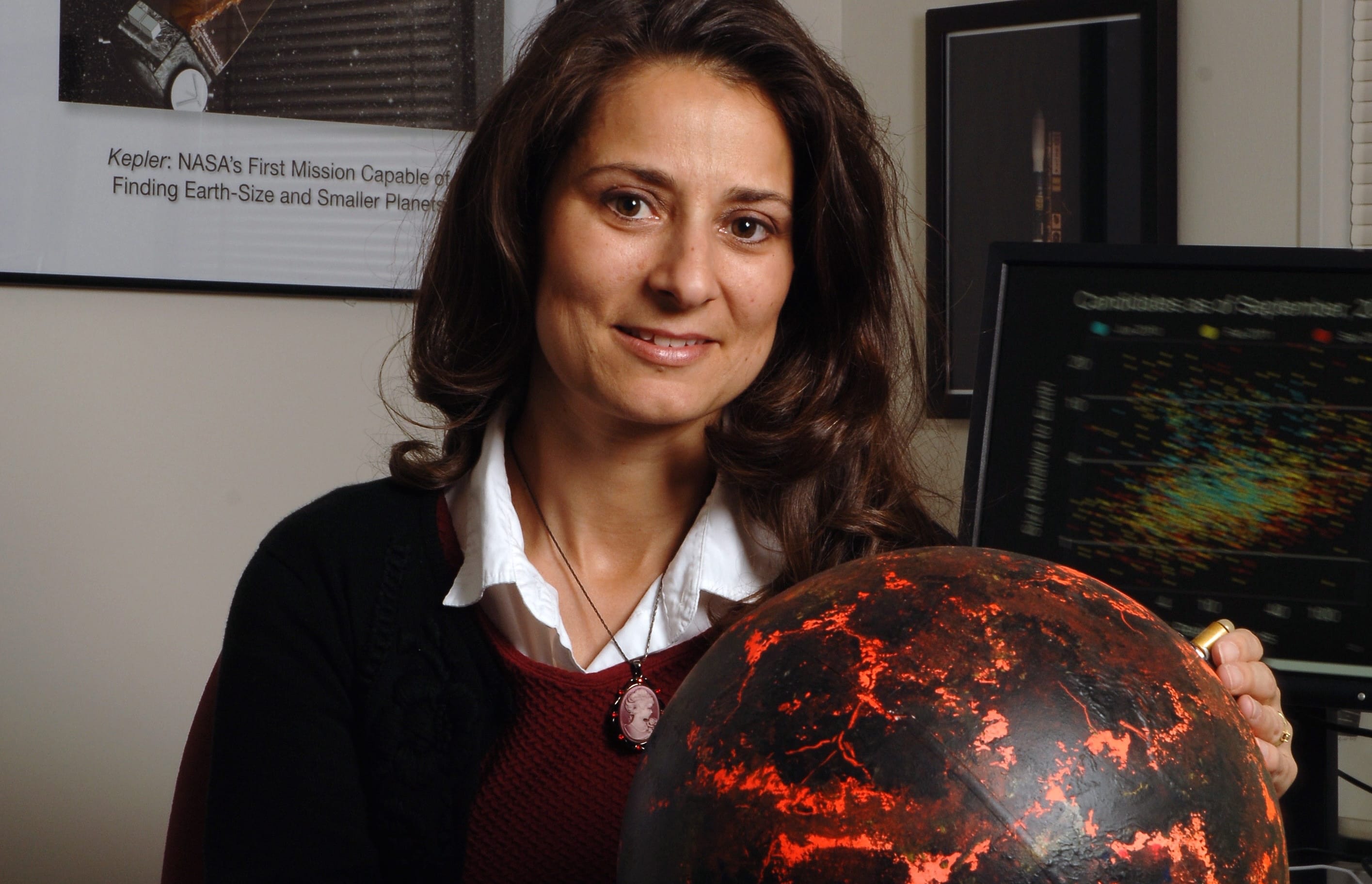
Natalie Batalha Photo: supplied
'Mars will be an interesting place to be'
As humans, we are physically insignificant both individually and as a civilisation, but if we are very rare in the universe – as science suggests – we are also extremely valuable, says physicist and BBC science presenter Brian Cox.

Brian Cox Photo: Matt Wilkinson / CC BY-NC 2.0

